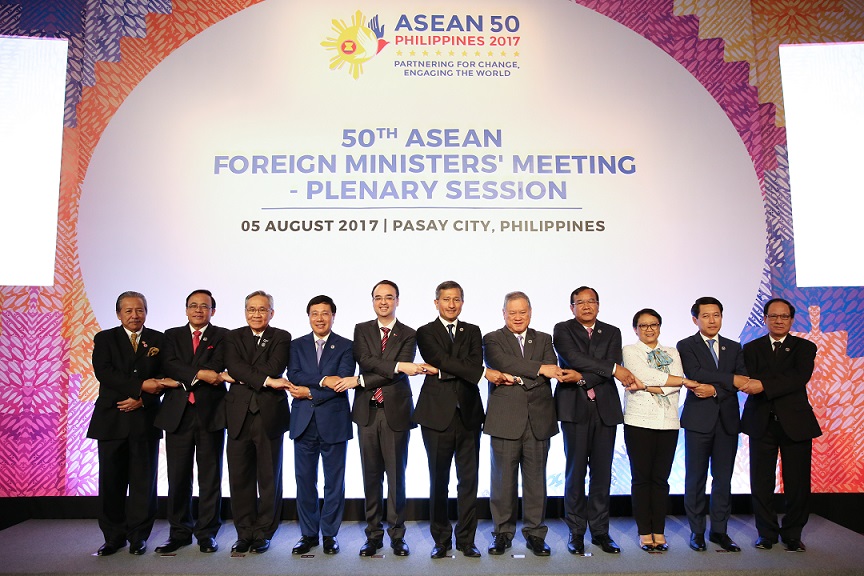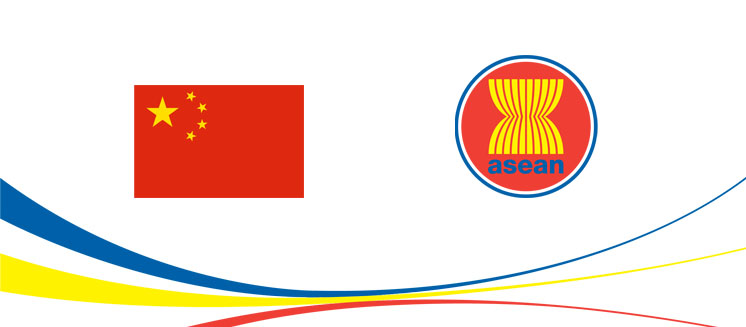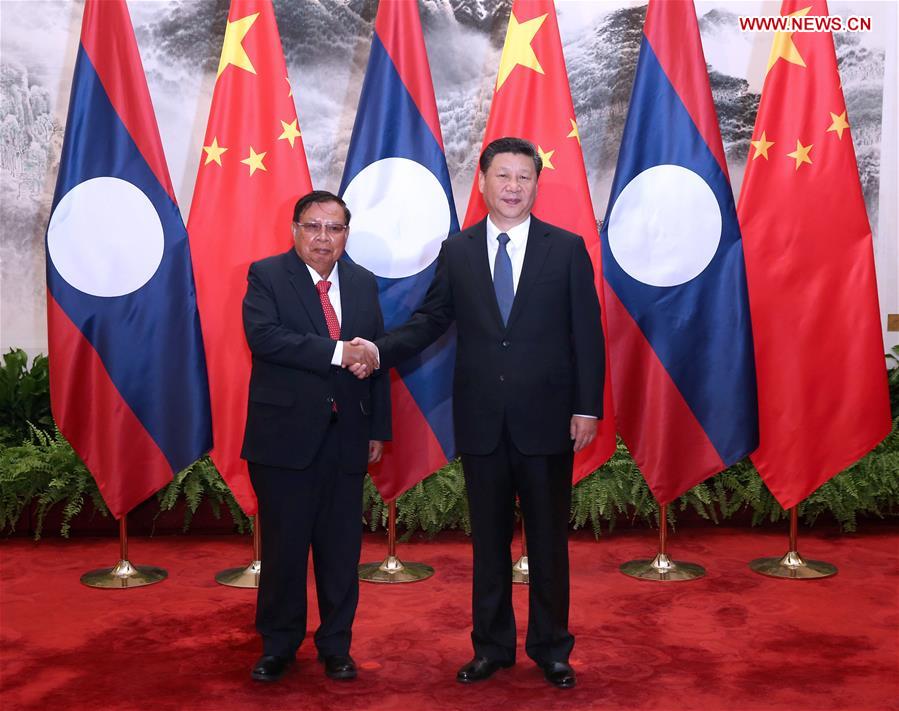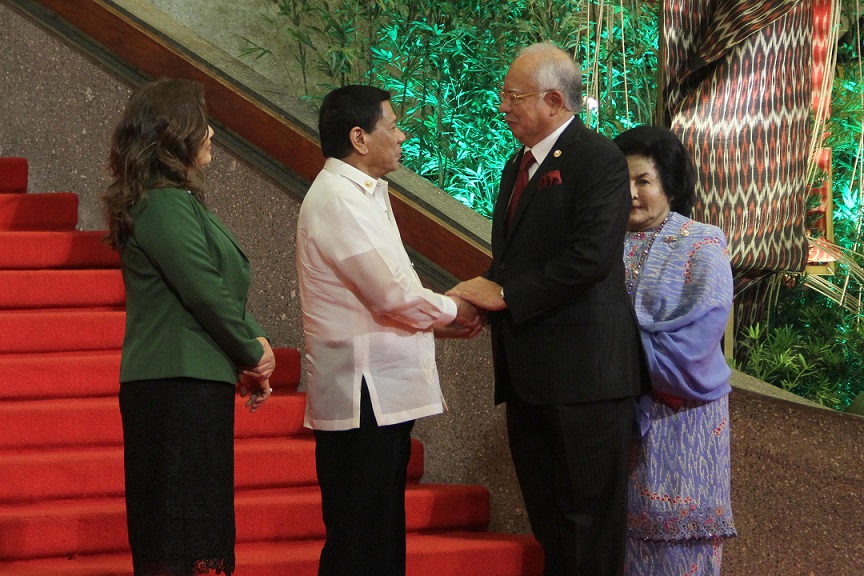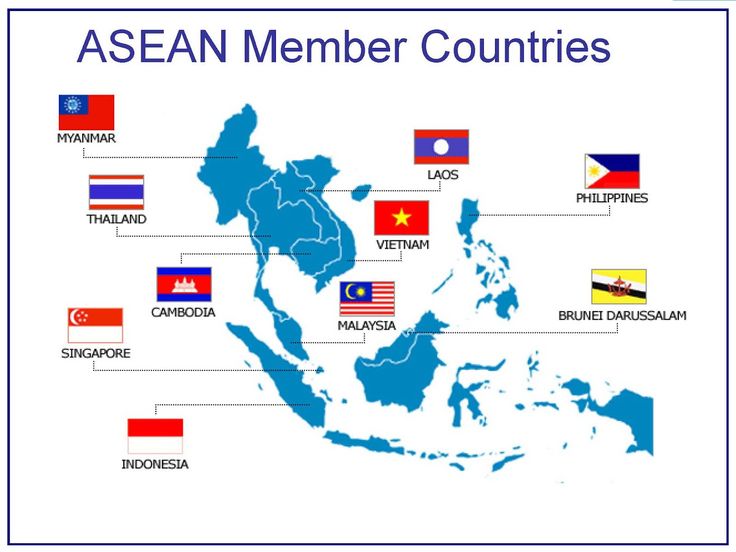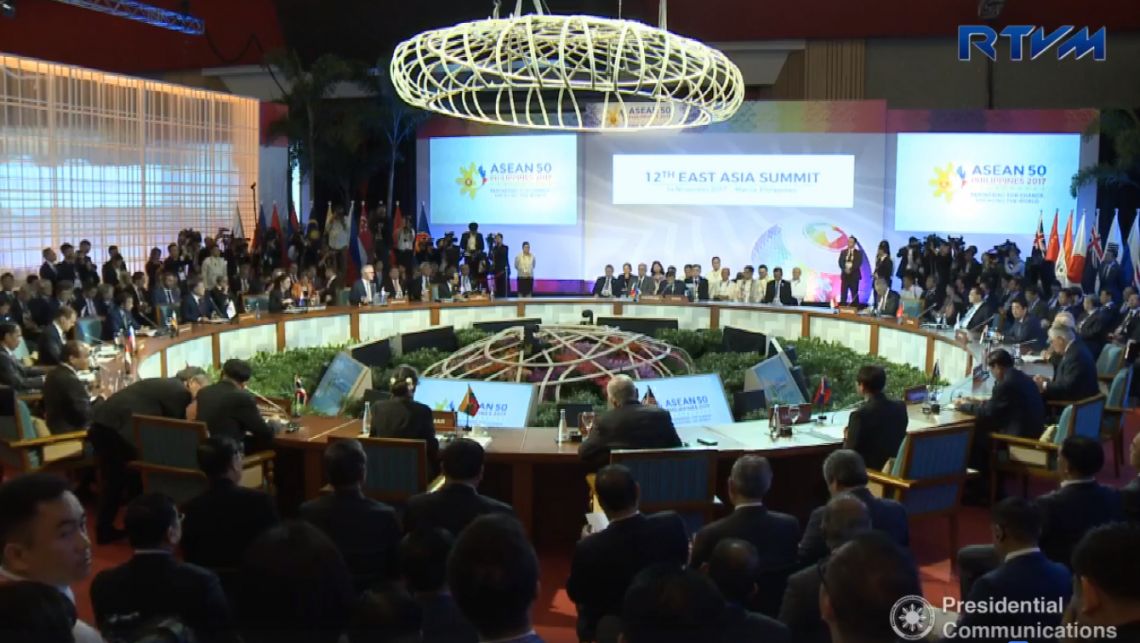
President Rodrigo Duterte meets leaders in the 12th East Asia Summit, a larger bloc of countries that include the 10-member ASEAN. (Photo screenshot grabbed from ASEAN 2017 Facebook page)
Countries in East Asia strengthened their call to end the use and development of chemical weapons in the region, expressing concern over North Korea’s nuclear program while seeking a resumption of dialogue to de-escalate tensions.
“(We) recognise the need to address ongoing chemical weapons challenges, to speak with one voice against the use of chemical weapons anywhere, by anyone, and under any circumstances,” read the leaders’ statement on chemical weapons during the 12th East Asia Summit (EAS) Nov. 14 in Manila.
The EAS statement is signed by leaders of Association of Southeast Asian Nations (ASEAN) member countries – Brunei, Cambodia, Laos, Indonesia, Malaysia, Myanmar, Philippines, Singapore, Thailand and Vietnam – along with Australia, China, India, Japan, South Korea, New Zealand, Russia and the United States.
While the EAS statement made no mention of North Korea, the ASEAN chairman’s statement, which summarizes what has been discussed in the two-day summit, nonetheless reiterated its grave concern over the rogue state’s nuclear program, which seriously threatens peace, security and stability in the region.
This comes while tension remains high in the Korean Peninsula as Washington and Pyongyang continue to trade threats of attacks against each other.
“We reiterated our support for the denuclearization of the Korean Peninsula in a peaceful manner and called for the exercise of self-restraint and the resumption of dialogue in order to de-escalate tensions and create conditions conducive to peace and stability,” the Chairman’s statement said.
The Democratic People’s Republic of Korea’s “ongoing development of weapons of mass destruction, including nuclear and chemical weapons, and ballistic missile technologies,” run counter to resolutions in the United Nations Security Council, it added.
Last August, ASEAN foreign ministers meeting in Manila urged members of the regional bloc to “maximize pressure on North Korea.” (See ASEAN to still engage North Korea amid US call for isolation)
But this did not sit well with North Korea, which later told ASEAN members they were not “morally qualified” to tackle Pyongyang’s nuclear program as they ignored the “hostile policy and nuclear threat” that Washington has imposed on them.
Meanwhile, the EAS statement called on countries that have yet to ratify the convention against nuclear weapons to do so “without further delay,” urging countries that still possess weapons to ensure that they be destroyed.
It upheld the Geneva Protocol and the Chemical Weapons Convention (CWC), adding that “those who use toxic chemicals as weapons should be held accountable.”
It also expressed support for the inter-government Organization for the Prohibition of Chemical Weapons (OPCW), tasked to implement the 20-year-old CWC, in continuing its fact-finding mission and preventing non-state actors from gaining access to materials and equipment for chemical weapons production.
The OPCW said “more than 96 percent” of all chemical weapon stockpiles have been destroyed.
The statement recognized Russia, which announced in September that it has completed the destruction of its chemical weapon stockpiles.
